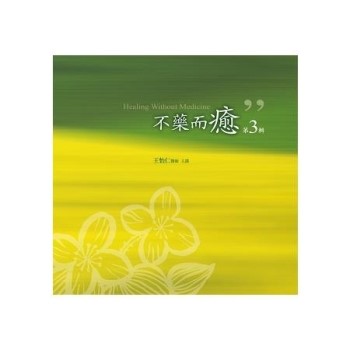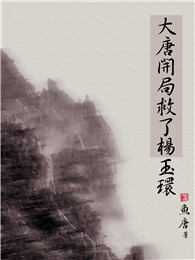"The bombing of Guernica, 80 years ago, inspired one of Picasso’s best-known works. Now, visitors to this iconic part of Spain’s Basque Country will discover a town devoted to peace and reconciliation. It is also about using art as a form of protest to encourage change and make people think objectively, rather than react irrationally." James Gerard
The novel is about family, friendships, war, peace, history, hope, endurance and ultimately reconciliation. It is about stopping for a moment and seeing the world from another person’s point of view in different times, cultures, and environments. The first part of the book centres around two small, yet significant villages, Scotstoun, Glasgow and Guernica in the Basque region, northern Spain. Set before, during and after WW2, it should be noted that two of the main characters include a doctor and nurse at a time when there was no NHS. The second part of the book focuses- on a Peace Centre set up in a flat in Scotstoun called Haizean (Basque for in the wind), where students come from all over the world to share ideas.
Imagine living in enforced exile for nearly forty years of your life. Add to that the lack of any of your fellow-countrymen within a thousand miles. Asier was a doctor living in Guernica back in 1937 alongside his wife and two children when the German bombers arrived. He has to assume that his family have all perished. Arriving in Glasgow, thanks to the efforts of John Oswald, a Scottish journalist, Asier carries on his work as a doctor. Asier’s diaries afford some insight into his coming to terms with separation from his homeland, namely the Basque region in the North of Spain. But more than this, they chronicle key events leading up to, during and after World War II.












